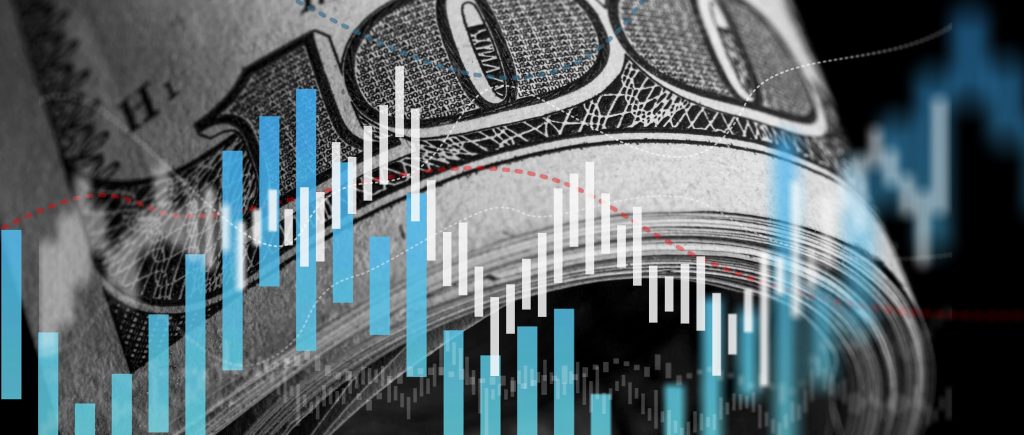The U.S. dollar strengthened on Thursday, supported by robust employment data and geopolitical tensions in the Middle East. At 08:30 GMT, the Dollar Index, which measures the greenback against a basket of six major currencies, rose by 0.2%, reaching 101.597, close to its recent three-week high.
Labor Market Strength Fuels Dollar Gains
The dollar’s upward movement was largely driven by stronger-than-expected U.S. employment figures. Wednesday’s ADP private payrolls report showed a 143,000 increase in jobs in September, surpassing forecasts. This came after Tuesday’s surprisingly strong U.S. job openings report, raising expectations for a solid nonfarm payrolls reading on Friday.
These positive labor market indicators are prompting markets to reassess the likelihood of further Federal Reserve interest rate cuts. Currently, traders see a 37% chance of a 50 basis-point cut during the Fed’s November meeting, according to CME’s FedWatch Tool.
Additionally, the U.S. dollar continued to see safe-haven demand amid escalating tensions in the Middle East following Iran’s missile attack on Israel.
Euro Weakens Amid Cooling Inflation
The euro struggled against the dollar, with EUR/USD falling 0.1% to 1.1035, nearing a three-week low. This decline comes as inflation in the eurozone continues to cool. While economic activity data for the region released Thursday was slightly stronger than expected, the overall composite data remained in contraction territory.
Expectations for another European Central Bank (ECB) rate cut later this month have grown, especially after hawkish ECB policymaker Isabel Schnabel dropped her warnings about the challenge of controlling inflation during a speech on Wednesday.
Pound Falls After BOE Signals Dovish Shift
The British pound also weakened, with GBP/USD sliding 1% to 1.3133, reaching a two-week low. The fall followed comments from Bank of England (BOE) Governor Andrew Bailey, who hinted that the central bank could take a more proactive stance on rate cuts if inflation continues to show signs of cooling.
Yen Drops to Six-Week Low
The Japanese yen also softened, with USD/JPY rising 0.1% to 146.53, marking a six-week high. Japan’s newly appointed prime minister expressed caution over the need for further interest rate hikes during a meeting with the Bank of Japan governor on Wednesday. This followed the release of the Bank of Japan’s July meeting minutes, which showed policymakers divided on the pace of future rate hikes.
China’s Yuan Steady During Holiday
The Chinese yuan was largely unchanged, with USD/CNY trading at 7.0185, as Chinese markets remain closed for the Golden Week holiday, which runs through Tuesday next week.
 Noor Trends News, Technical Analysis, Educational Tools and Recommendations
Noor Trends News, Technical Analysis, Educational Tools and Recommendations





